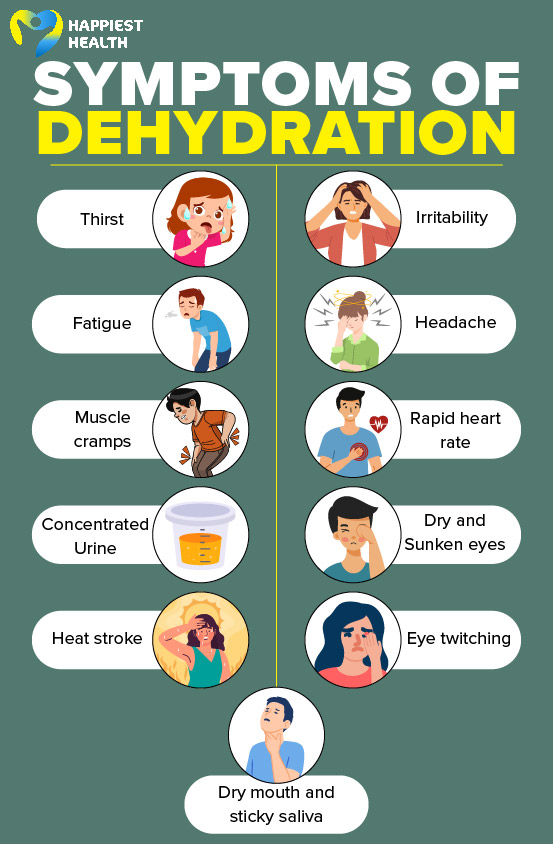
Uday G (71), a retired employee from Bengaluru, was taken to a hospital after he lost balance and collapsed during his morning walk in May 2022. He often felt fatigued but wasn’t sure of the reason behind it.
He was told that he had a heat stroke due to severe dehydration. “I would drink water only when I felt thirsty or after eating something. I never felt I wasn’t drinking enough. It was only after I had a heat stroke that I started to keep track of my water intake,” recalls Uday. From feeling confused and irritated to being active and cheerful, his life changed when he set constant reminders to stay hydrated.
Experts say that dehydration is common in the elderly, and knowing the signs and symptoms can help prevent severe consequences.
Doctors say that as we grow older, our bodies require more water. “Initially, I found it difficult to remember, but my children helped me by installing a mobile app that gives me reminders to drink water. Whenever I get a reminder, I ask my wife to drink water along with me,” says Uday.
Most of the time, people are unaware of dehydration, as they keep themselves busy with work and forget to drink water or notice any of the symptoms, says Dr Krishna Chaitanya Gunda, interventional nephrologist and transplant physician, Asian Institute of Nephrology and Urology, Chennai. “When we get dehydrated, our blood or plasma turns thick due to fluid loss. This slows down blood circulation to the brain, which sends signals to the body, showing signs of dehydration,” he said.
What causes dehydration in the elderly?
Dehydration occurs when the body loses more fluids than it takes in, which can happen due to excessive sweating, vomiting, diarrhea or not drinking enough fluids, says Dr Bhuvan Shetty, consultant medical gastroenterologist & hepatologist, BGS Gleneagles Global Hospital, Bengaluru.
The most common cause of dehydration among the elderly is exposure to heat, especially during summer, said Dr Gunda. “Older adults will have a lower fluid reserve compared to youngsters. In addition, exposure to hot or humid weather results in excessive sweating and fluid loss, making them vulnerable to dehydration. Senior citizens, especially those with diabetes or hypertension, must consume more water, as the medicines they take can cause excessive urination,” said Dr Gunda.
Symptoms of dehydration
Dr Shetty and Dr Gunda list some common symptoms of dehydration, which include:
- Thirst: The earliest sign of dehydration is thirst, where the body gives a signal to replace the lost water content.
- Dry mouth and sticky saliva: These are caused due to reduced saliva production.
- Concentrated urine: Dark yellow and infrequent urine is seen due to low fluid content in the body. The kidneys try to conserve water by reducing urine production, thereby making it more concentrated.
- Irritability and headache: Neurological effects of dehydration can affect the mood, resulting in irritation, loss of focus and anger. They can also cause headaches, which can go away after drinking a glass of water.
- Fatigue: Dehydration causes decreased blood volume, leading to low blood pressure. Besides causing weakness, this affects the blood flow and oxygen level in the body, leading to lightheadedness and dizziness.
- Muscle cramps: Fluid loss results in electrolyte imbalance, which in turn causes muscle cramps.
- Rapid heart rate: Loss of fluid may also cause the heart to beat faster in order to maintain blood flow due to reduced blood volume.
- Dry and sunken eyes: This is seen due to reduced circulation of tears to nourish the eyes and shifting of fluids to the essential areas.
- Heat stroke: Severe dehydration, especially during hot weather, can cause heat stroke, characterised by confusion, disorientation and affected speech. At this stage, older adults tend to collapse easily.
- Eye twitching: Rapid, involuntary movement of the eyelids can also be one of the signs of dehydration.

How to treat dehydration in the elderly?
Drinking plenty of water and restoring the electrolyte imbalance through either oral rehydration solution (ORS) or by simply adding salt and sugar to water helps treat dehydration, say doctors. “If an individual is passing excessive urine with a high solute content, he/she is dehydrated and must drink water immediately,” says Dr Gunda. However, for those with kidney disorders, the water consumption must be based on the doctor’s advice.
According to Dr Gunda, elderly people need to drink more water than youngsters, as they are more vulnerable to dehydration. In extreme cases, they may experience seizures, and must be brought to the hospital for medical intervention. Treatment depends on the age, cause and severity of dehydration, he added.
Takeaways
- Dehydration occurs when the body loses more fluids than it takes in, which can happen due to factors like heat exposure, excessive sweating, vomiting or diarrhea.
- Early signs of dehydration include thirst, dry mouth, concentrated urine, irritability and fatigue.
- Restoring the fluid imbalance by drinking plenty of water and electrolytes can help treat dehydration.

















